Brenda’s Business with Jun Takahashi
|BRENDA WEISCHER
I let the godfather of Japanese streetwear, Jun Takahashi, hear my embarrassing dog voice. After I finished the recording of our interview in his top floor office, he showed me his adorable Jack Russell boy that had been quietly sleeping in the corner. I have never met a non-barking Jack Russell terrier.
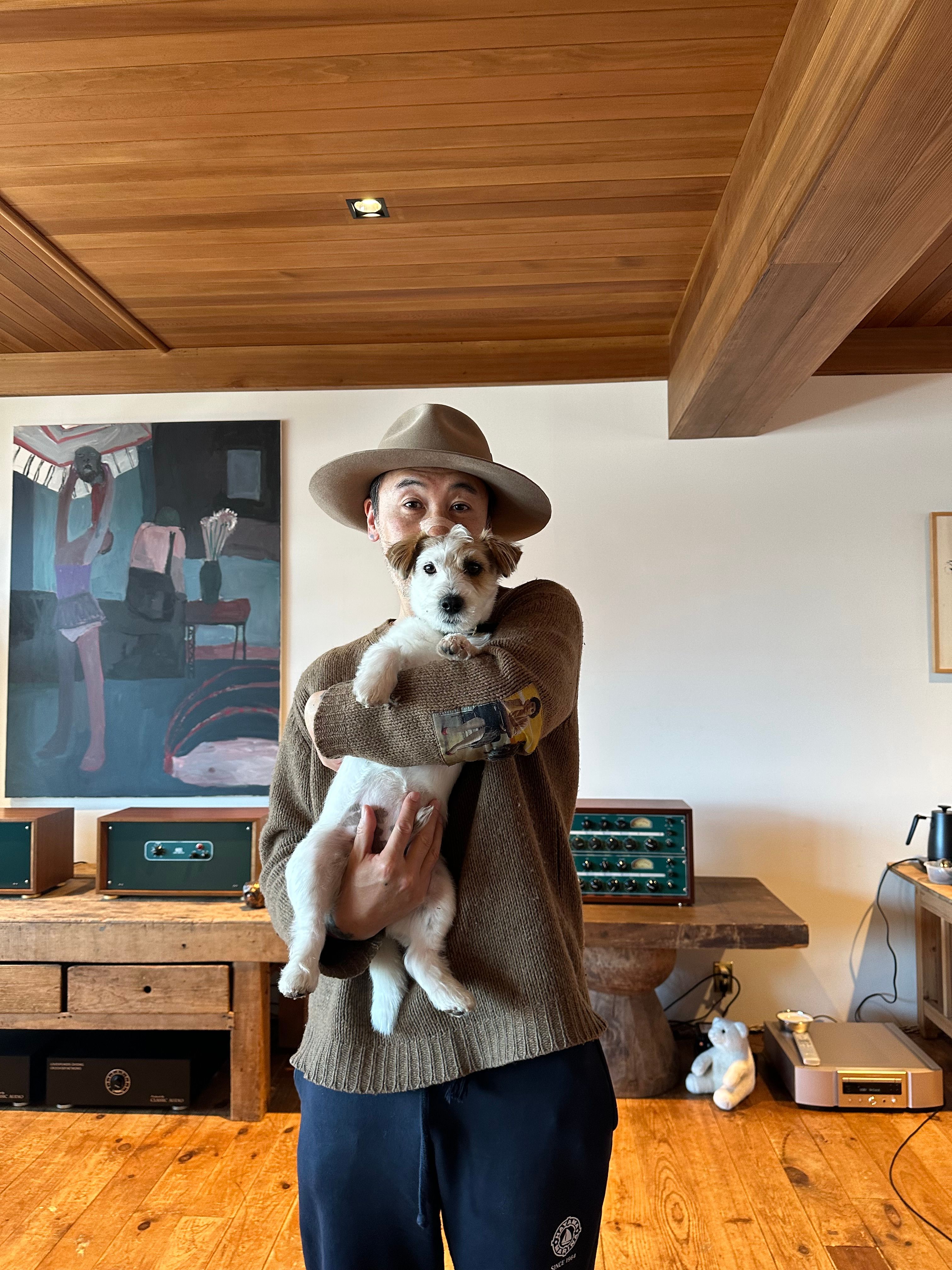
Takahashi, who was mentored by Rei Kawakubo, is the founder of Undercover, a brand born in Tokyo that has managed to sustain success and cultural relevance for three decades. Undercover made the move to show in Paris very early on and is one of the big household names on the calendar. We talk about running a business, creating out of habit, the state of fashion, and working in silence.
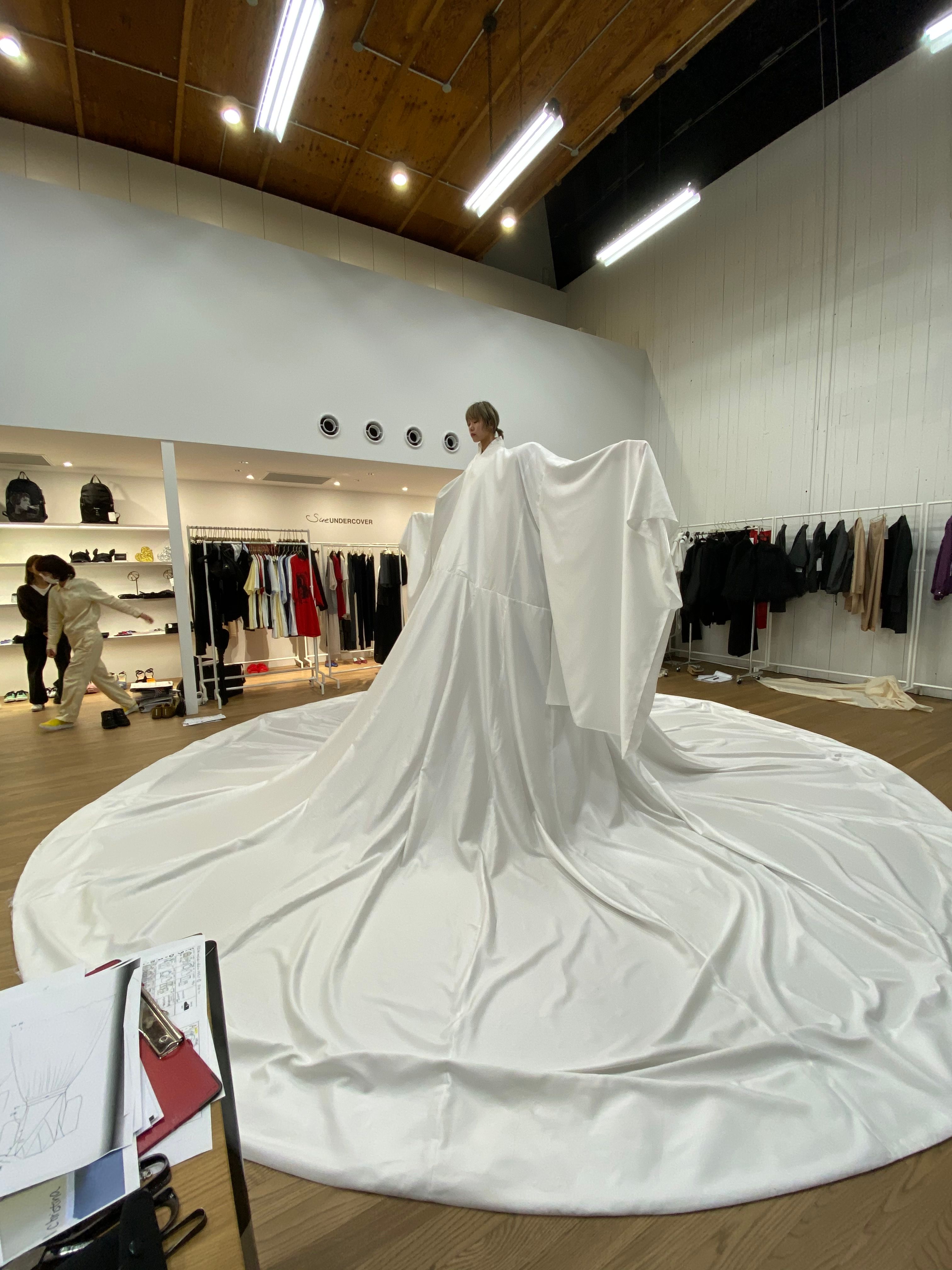
BRENDA WEISCHER: I have heard so much about your headquarters here in Harajuku. I also know that you grew up on the outskirts of Tokyo and moved to the city to study, so I always imagined that most of the ethos of Undercover is attached to this city or urban life in general. But your colleague just mentioned that you also have a design studio in the countryside! It’s funny to me: Tokyo is the quietest city I’ve ever been to. It’s day ten, and I have not heard a single car honk or anyone screaming; everyone is so polite here.
JUN TAKAHASHI: We also have crazy people in Japan [laughs], but mostly at night.
BW: So, you go to the countryside to design sometimes. And then you bring it back to your design team here?
JT: The design team is only three people, and I am one of them. I am involved in everything.
BW: That’s rare these days! I feel like the merchandising team comes first for some brands. “We need five t-shirts, we need four jeans,” and then comes the creative director. It’s pretty unromantic.
JT: I also have to talk to merchandisers, it’s not always romantic.
BW: You launched Undercover when you were still a student. I would like to know what that means. You launched a full collection? Or what did you start with?
JT: I started with a t-shirt. With silk screening. I sewed everything myself. It was all very small when I started. I did my first show after four years. It was a decent collection.
BW: Was there any kind of business plan? Did you know whether you wanted Undercover to be a wholesale brand or direct-to-consumer? Who did you sell to at the beginning?
JT: Wholesale was only to people that I knew in the beginning, and I had a store called Nowhere to sell my things. [Nowhere was a store by Jun Takahashi and Nigo that they opened together in 1993, which played a very important role in the rise of Japanese streetwear culture.]
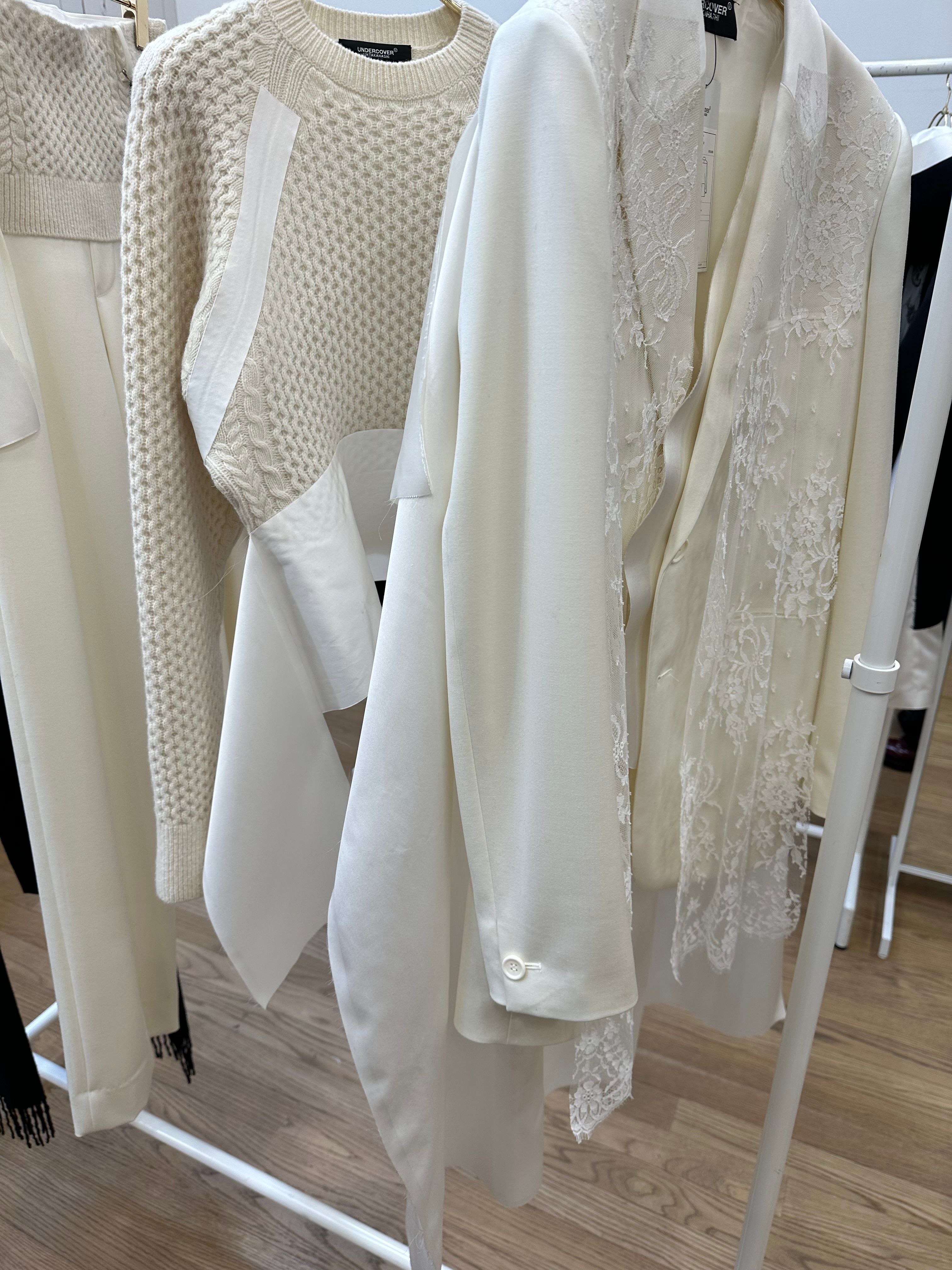
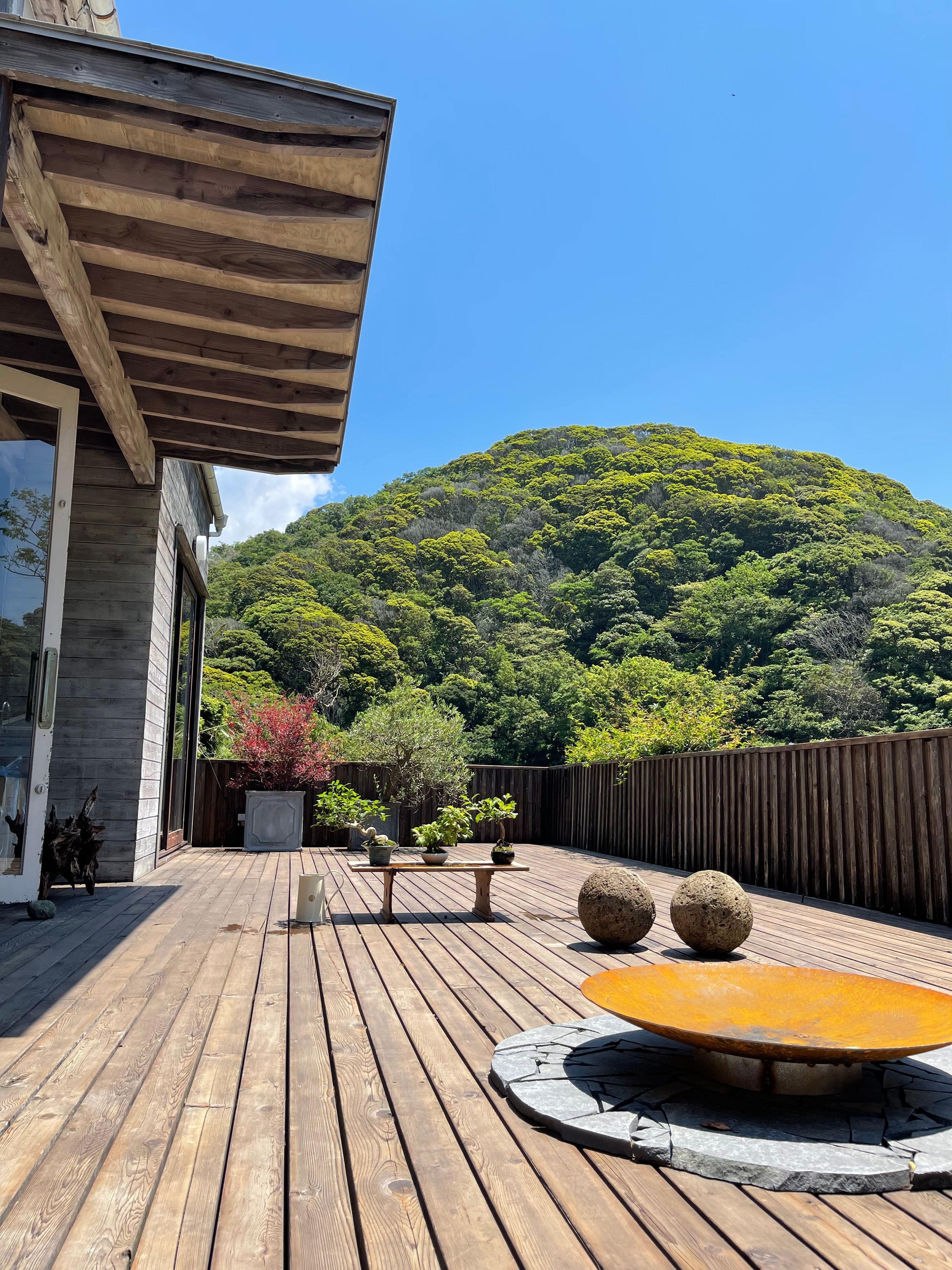
BW: Did anyone tell you how to price things?
JT: No one told me. No one taught me about pricing at university. I tried to look at my material and production cost and take it from there.
BW: Sadly, it’s still the same at most fashion schools. There is no business plan.
JT: Yes, Japanese fashion colleges are mostly good for people who want to work at brands and other companies, not for running their own businesses. There is no perfect school for both. It’s difficult to organize a company, especially the financial side of it. At the start, I was just asking people who I knew had their own businesses. I was also asking how to hire people.
BW: Yes, you have to be prepared to wear many different hats, and sometimes the creative part is only very small—which I think a lot of people tend to underestimate. Managing people, motivating a team, teaching them, inspiring them, being a mentor. While you are also still figuring things out.
JT: And it’s a lot of accounting!
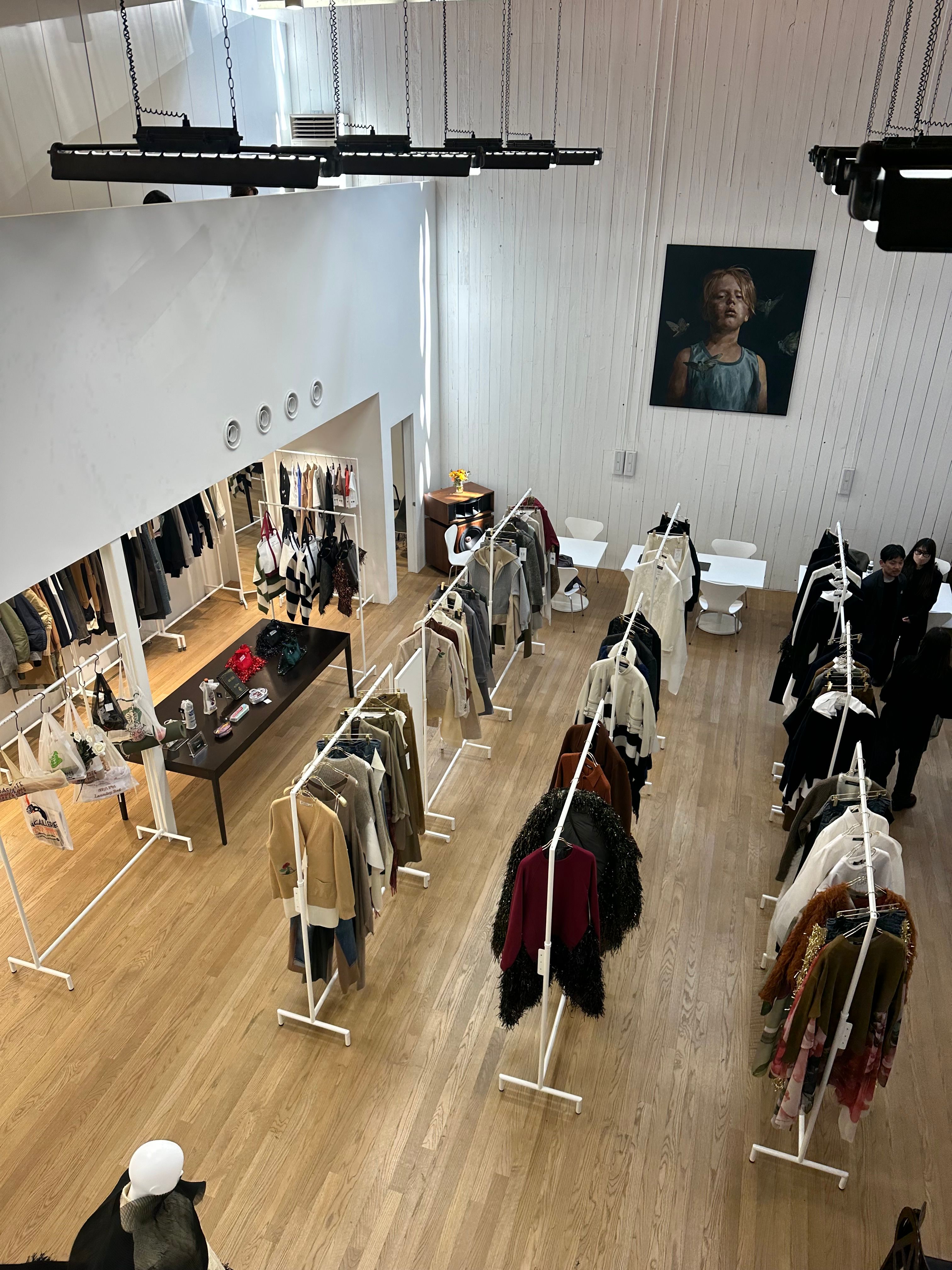
BW: Undercover has very close ties to music. You said somewhere that music and fashion used to have a much tighter connection, and I didn’t get your point at first. I thought, there is so much fashion in music and vice versa. But you meant that back when you started your brand, you used to be able to identify what music someone listened to by their outfit. Tribe signifiers. And it’s true that this has almost completely been diluted. You can see someone in the street in baggy Balenciaga and it doesn’t mean they listen to techno.
JT: It changed a lot. I would say that people who bought Undercover from the very beginning definitely listened to the same music that I listen to. But these days, my customers are also big rappers, and I don’t listen to a lot of rap. So, things have mixed. But I don’t see anything negative about it.
BW: And did your personal taste in music change over the years from when you started?
JT: A lot. I listen to many genres now; I didn’t used to. There was a point when I got really into techno. But now I can’t even name any genres because there are so many. I like to look at people on the street, with their headphones on, and imagine what they’re listening to.
BW: I read a few of your past interviews where you were asked a question that is pretty rude in my opinion. Asking a creative person if they’re afraid to ever run out of ideas. But I want to ask about your way of working as a creative person. Do your ideas come from the habit of creating or do you believe in creating only when a good idea comes to you?
JT: Yes, I don’t think it’s possible for me to run out of ideas. I design things along with the way I live. Feelings. Things I am interested in. I do not wait for an idea to come around.
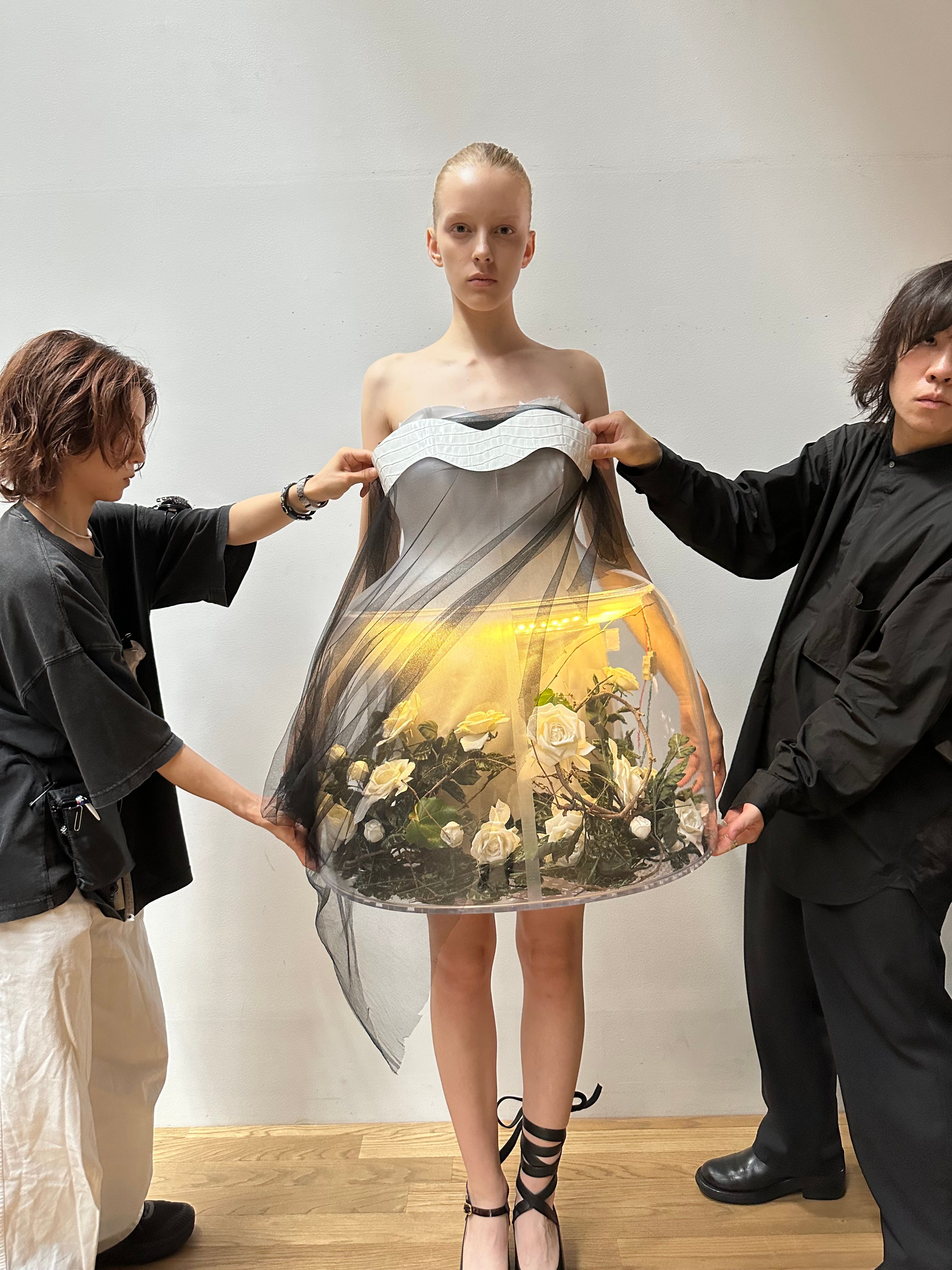
BW: What’s your routine? Are you strict with yourself?
JT: Pretty much the same every day. Wake up at 6. Go for a run.
BW: Oh, I’ve heard about your runs. Long distance?
JT: No, 6 to 10k.
BW: That's a long distance to me. Very impressive.
JT: It has been 15 years now.
BW: Running with music or in silence?
JT: No music, I run with a friend.
BW: Running and talking—that’s even worse.
JT: [Laughs] Three times a week. Then some time at home, maybe with music. And then I am here in the office by 10:30. I work until 6pm. Then I go home and watch movies with the family. Afterwards, it’s time for my art. I paint. Then I take off.
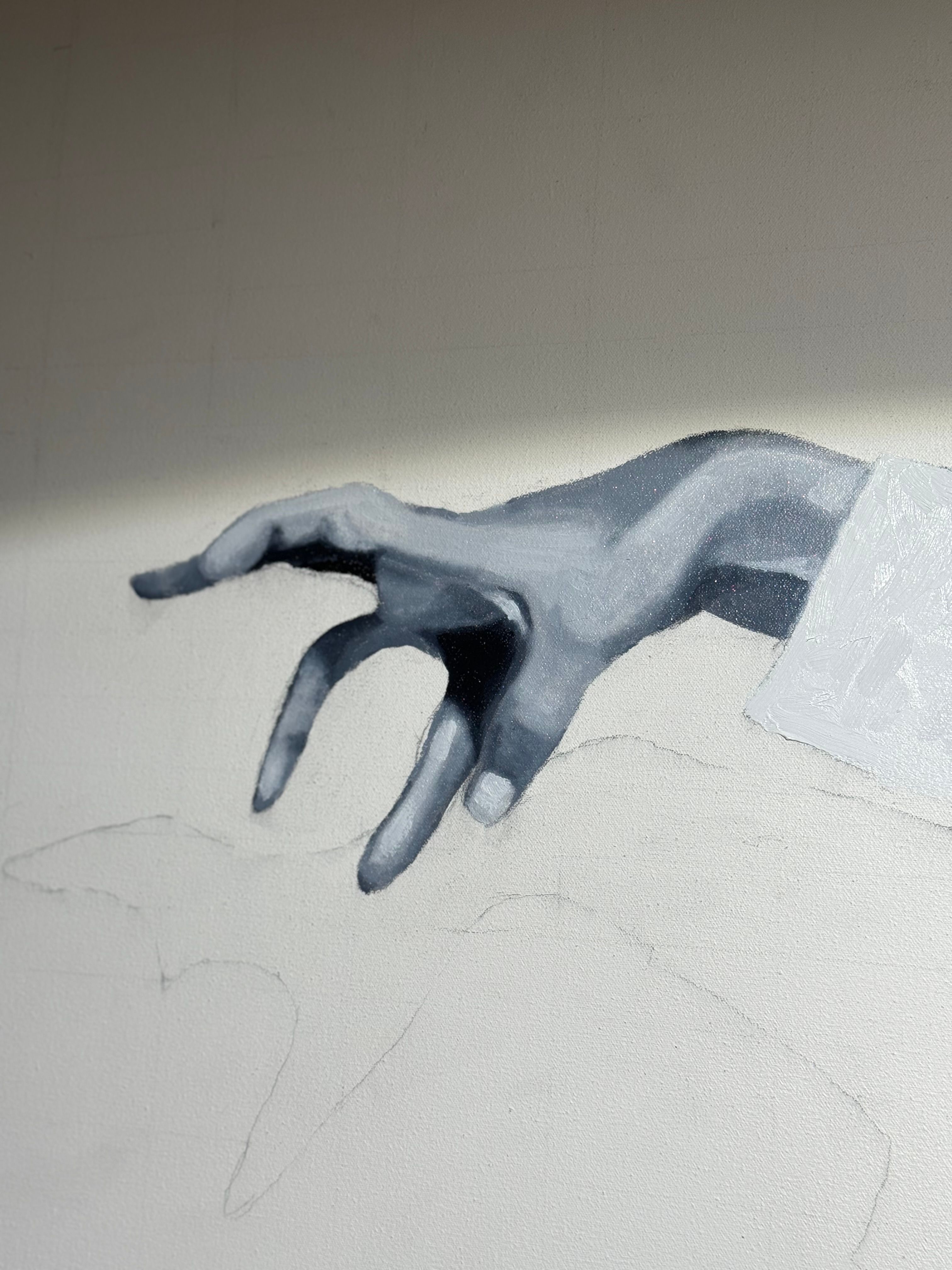
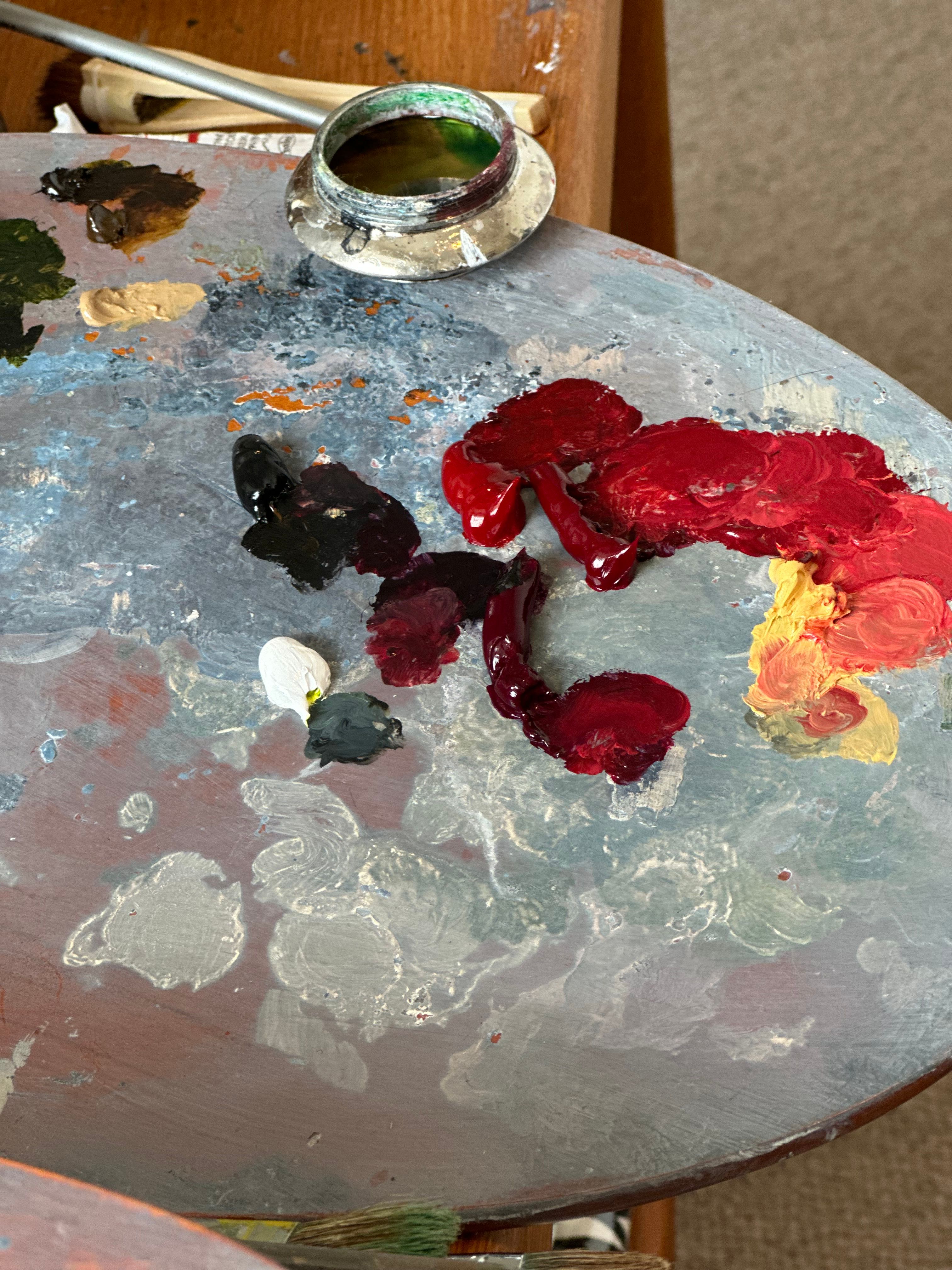
BW: When did you start painting?
JT: Eight, nine, or ten years ago. I usually paint with oil.
BW: In the house?
JT: Yes, you can smell it everywhere, I paint in the bedroom! When I am in the countryside studio, it’s a bit better because of the wind. In Tokyo, the house is smaller, and it smells like oil mixed with dog pee.
BW: [Laughs] Well, it definitely sounds like a very multi-faceted life you’re living. The brand, family, children, the art, city and country, movies, running, music. Lots of creatives are hyper-fixated on one thing, their one obsession. But it all seems very balanced in your life.
JT: My kids also bring different things into my life. My son is into K-pop, my daughter is into makeup.
BW: You’re often called the godfather of streetwear. Do you keep up with the youth or does the youth keep up with you?
JT: These days I don’t have much opportunity to keep up with the youth. I don’t go out a lot. But I always like to know what young people are interested in.
BW: I always wonder what we will think of the time we’re currently in when we look back. For a lot of creatives, the state of our economy doesn’t leave a lot of room to be creative.
JT: I think this is exactly the time to be creative. I see it as the only weapon that I have. This is my opportunity. The only thing that only I can do. But to me, Undercover is not a small company. We are flexible and adaptable but still we can get hit by ups and downs. I have people helping me organize the financial side of things who I can rely on. But it’s hard for us to maintain things, too.
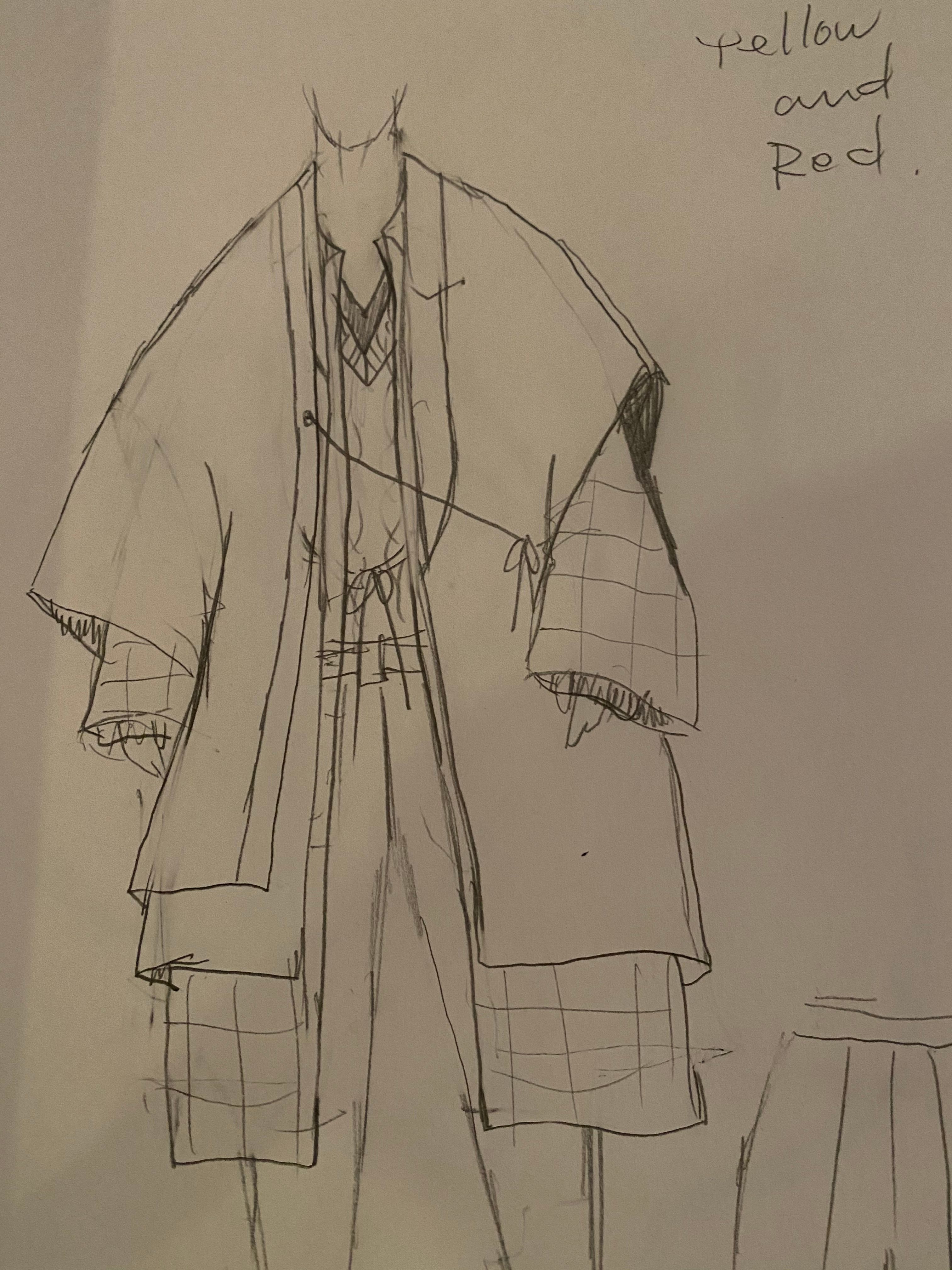
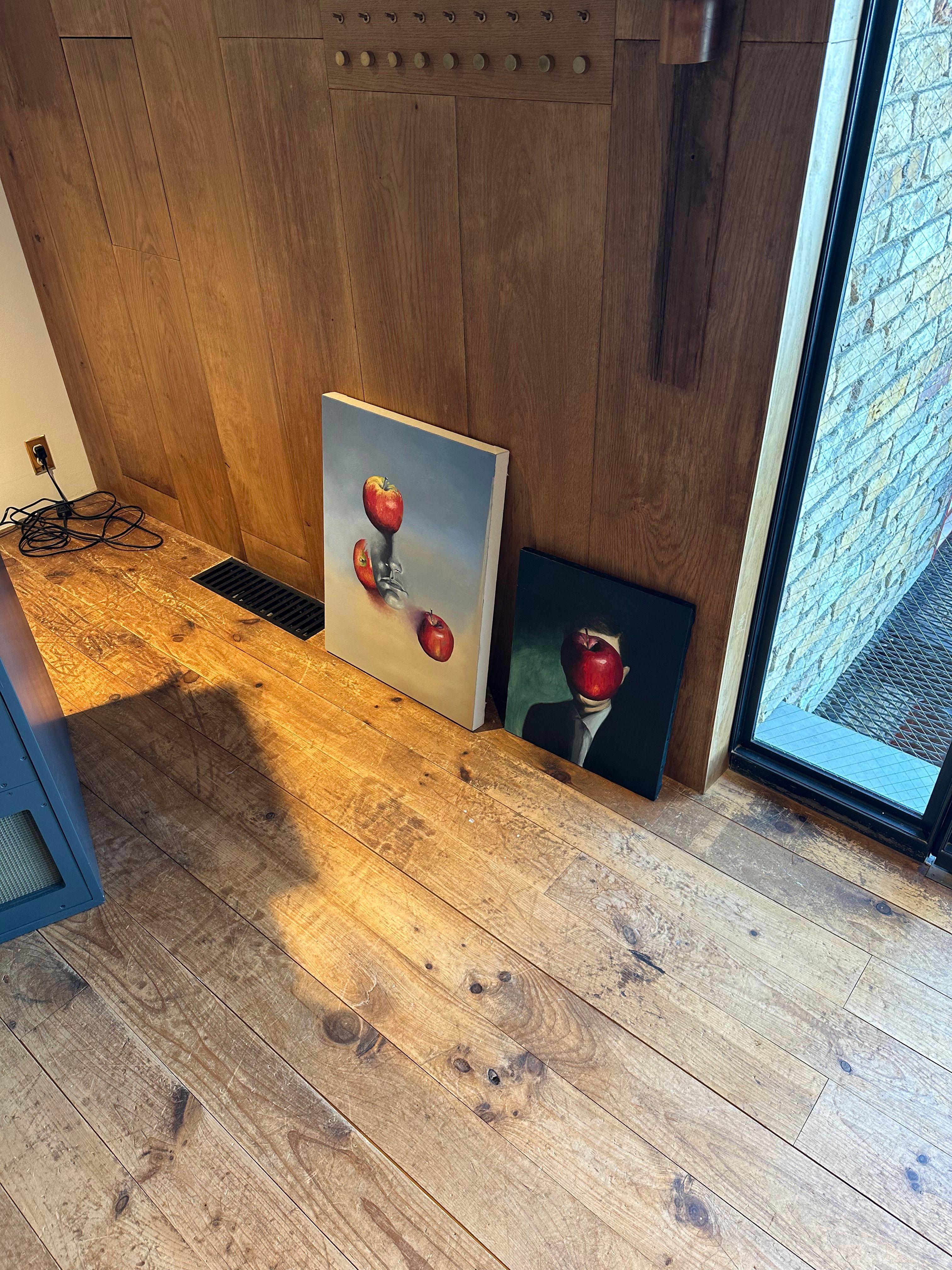
BW: How long have you been showing in Paris?
JT: 22 years now.
BW: I am assuming it takes a lot of energy to organize a show at the other end of the world every few months. You have Lucien Pages for communications, but there are still so many moving parts. And do you have an agency for sales?
JT: We’re doing sales in-house. A team in Europe and here. No agency.
BW: We’re in a big wholesale shift right now. Giants going bankrupt. No payment until stock delivery. All stockists want exclusive products…
JT: Yes, and some stockists only buy on commission, which is very hard for any brand.
BW: When I started working with 032c two years ago, Joerg Koch told me, “The golden age of e-tailers is over.” I didn’t believe him. I thought these players were too big to fail. But he was right. It’s so important to have a direct channel to your customers. But talking to you right now, you seem very relaxed.
JT: I mean, it’s not like nothing can shake me. There is always some worry about the business side. It’s normal to be scared or worried sometimes.
BW: Just not everyone admits it, I guess.
JT: When I was young, I didn’t think about risks. I didn’t know about them. I didn’t think about anything, just did whatever I wanted or had to do. But as I got older, I had to face a lot more responsibilities. What’s causing me the most stress is finding the balance between the creative side and the business side.
BW: Well, it feels like a meditation space up here in your office. I actually expected that there would be music playing when I got up here.
JT: Sometimes I work with music, very loud, and sometimes in silence. Really depends on the day. On the feeling.
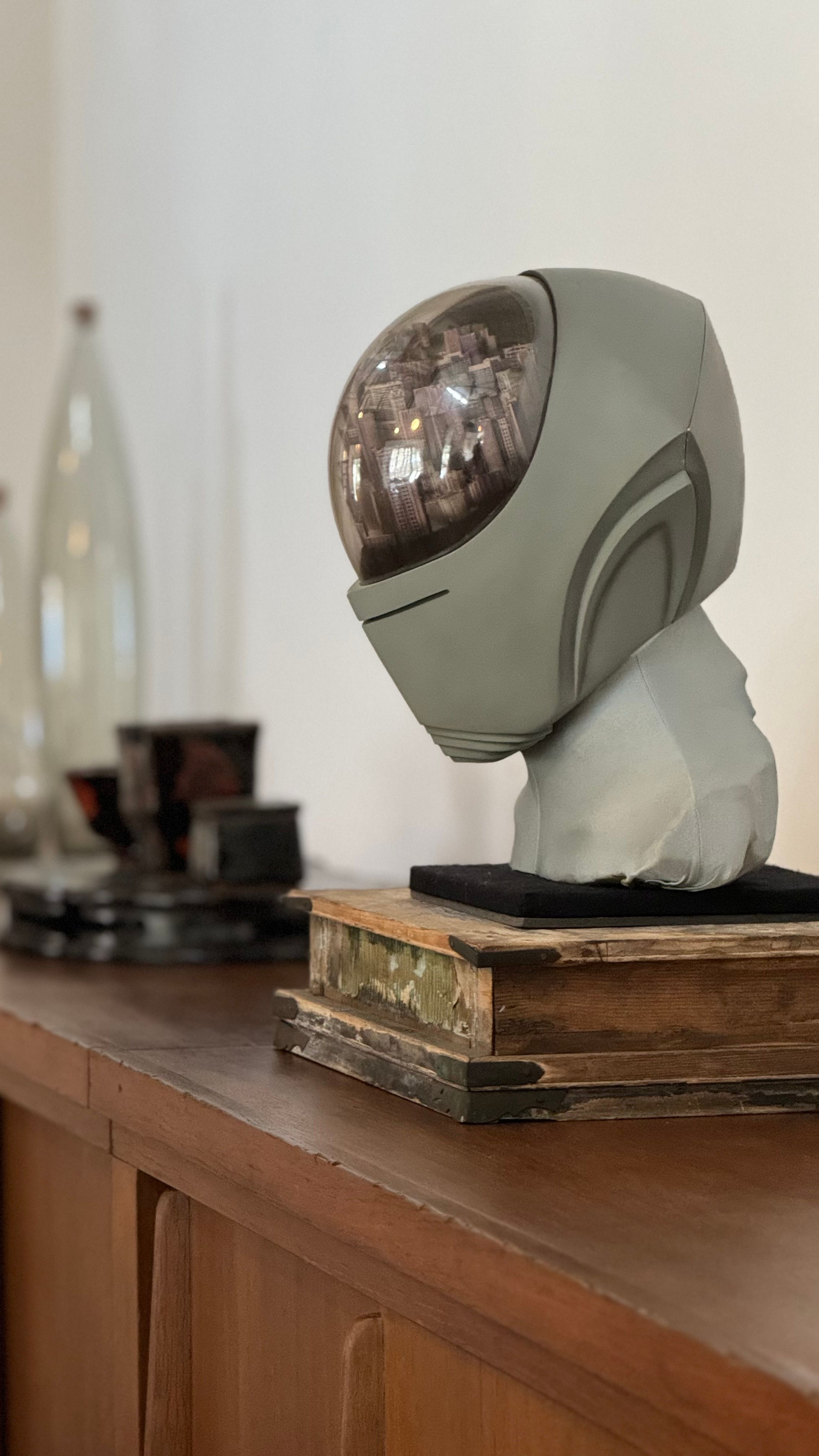
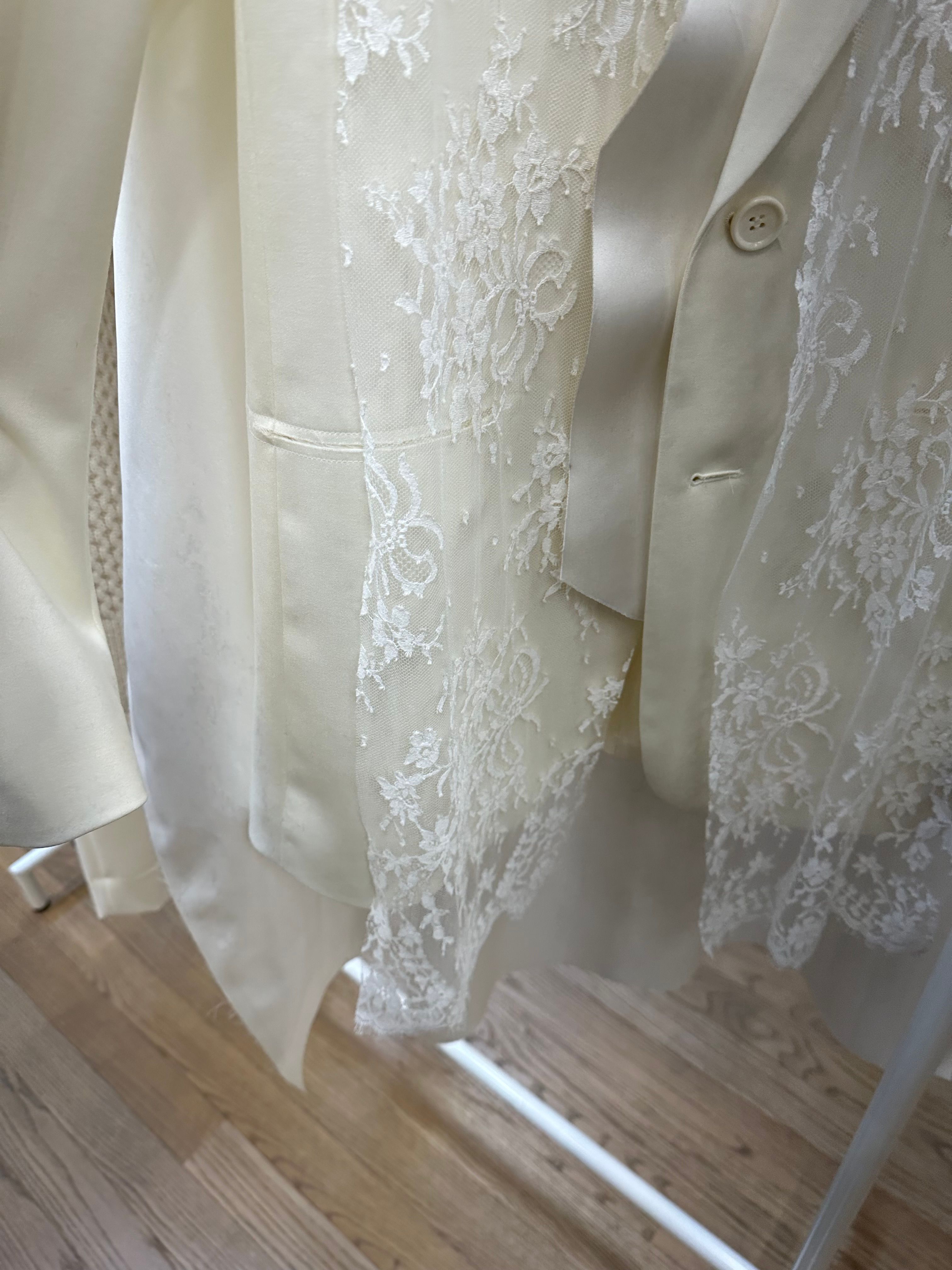
Credits
- Text: BRENDA WEISCHER
Related Content
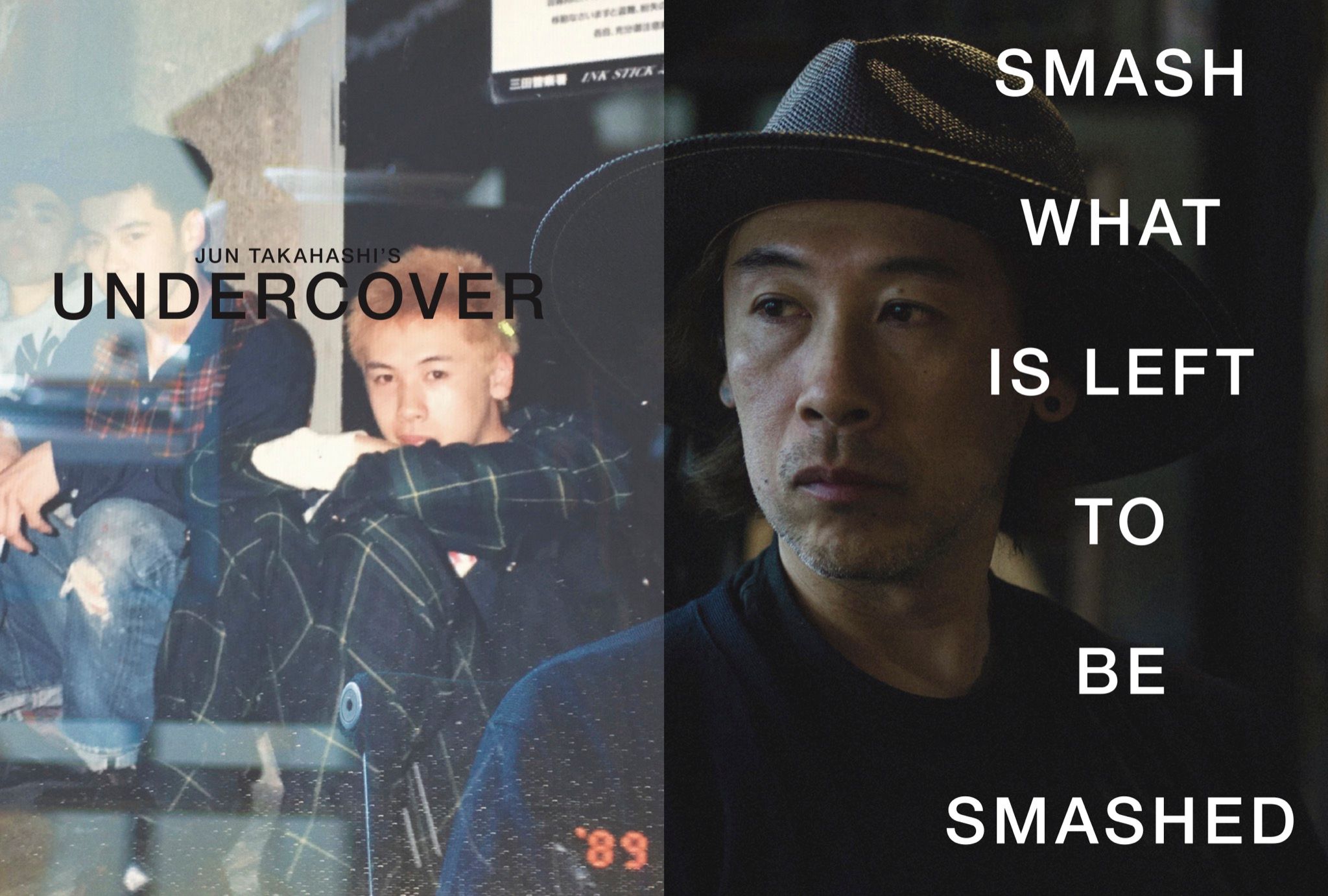
Smash What is Left to be Smashed: JUN TAKAHASHI's Undercover
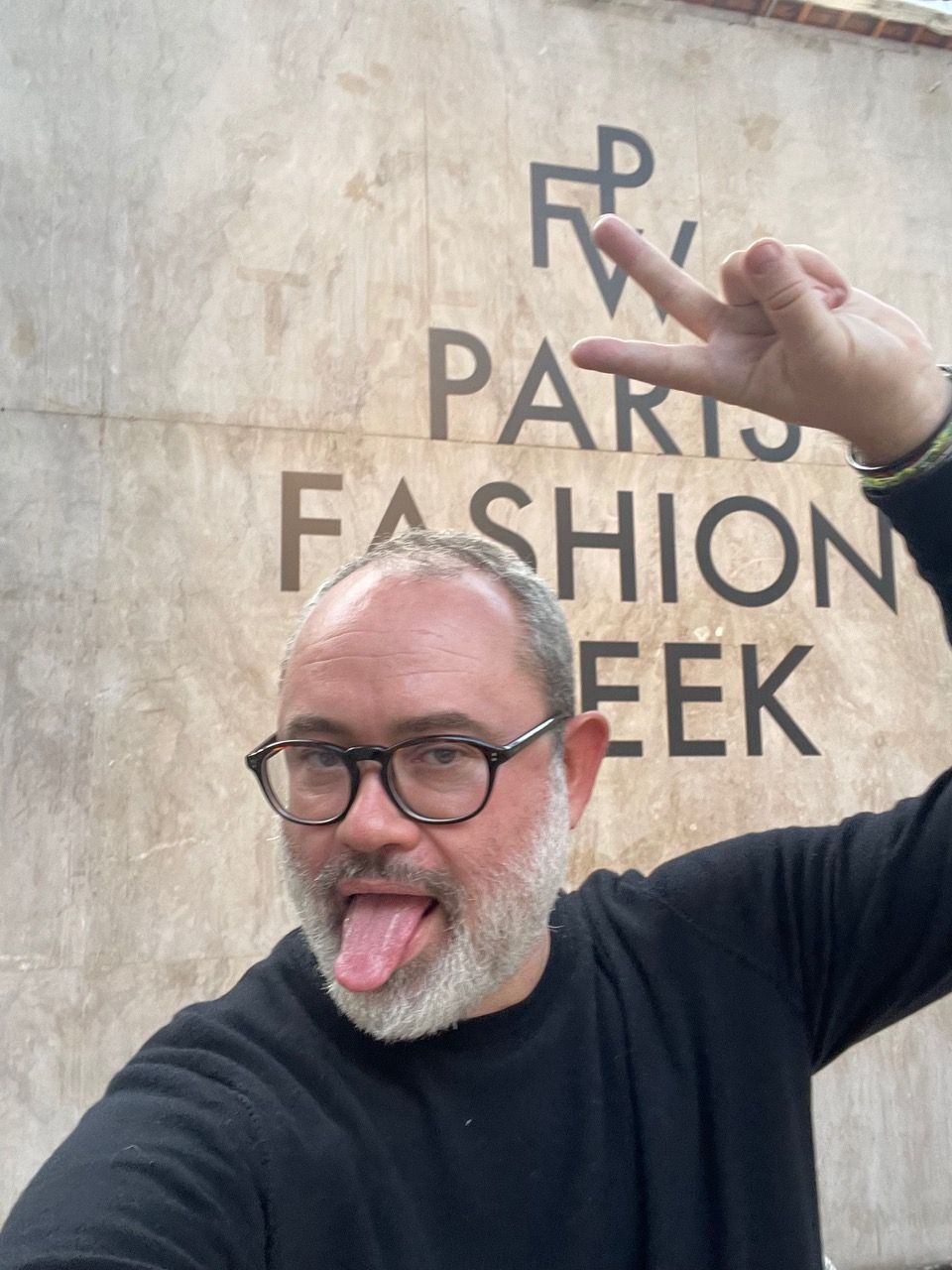
Brenda’s Business with LUCIEN PAGES
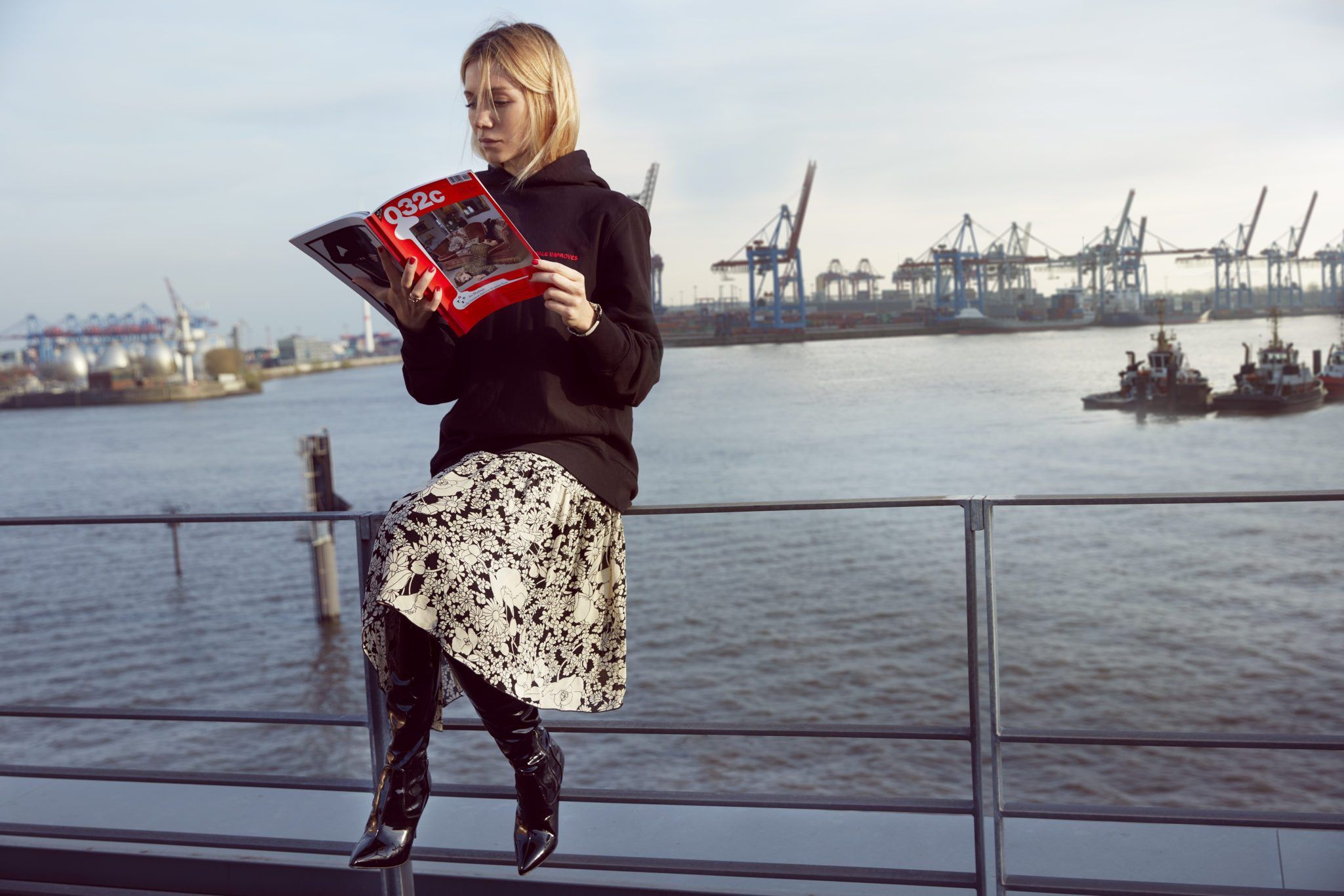
Mind-Body Multitasking with Skincare Entrepreneur NATALIE FRANZ
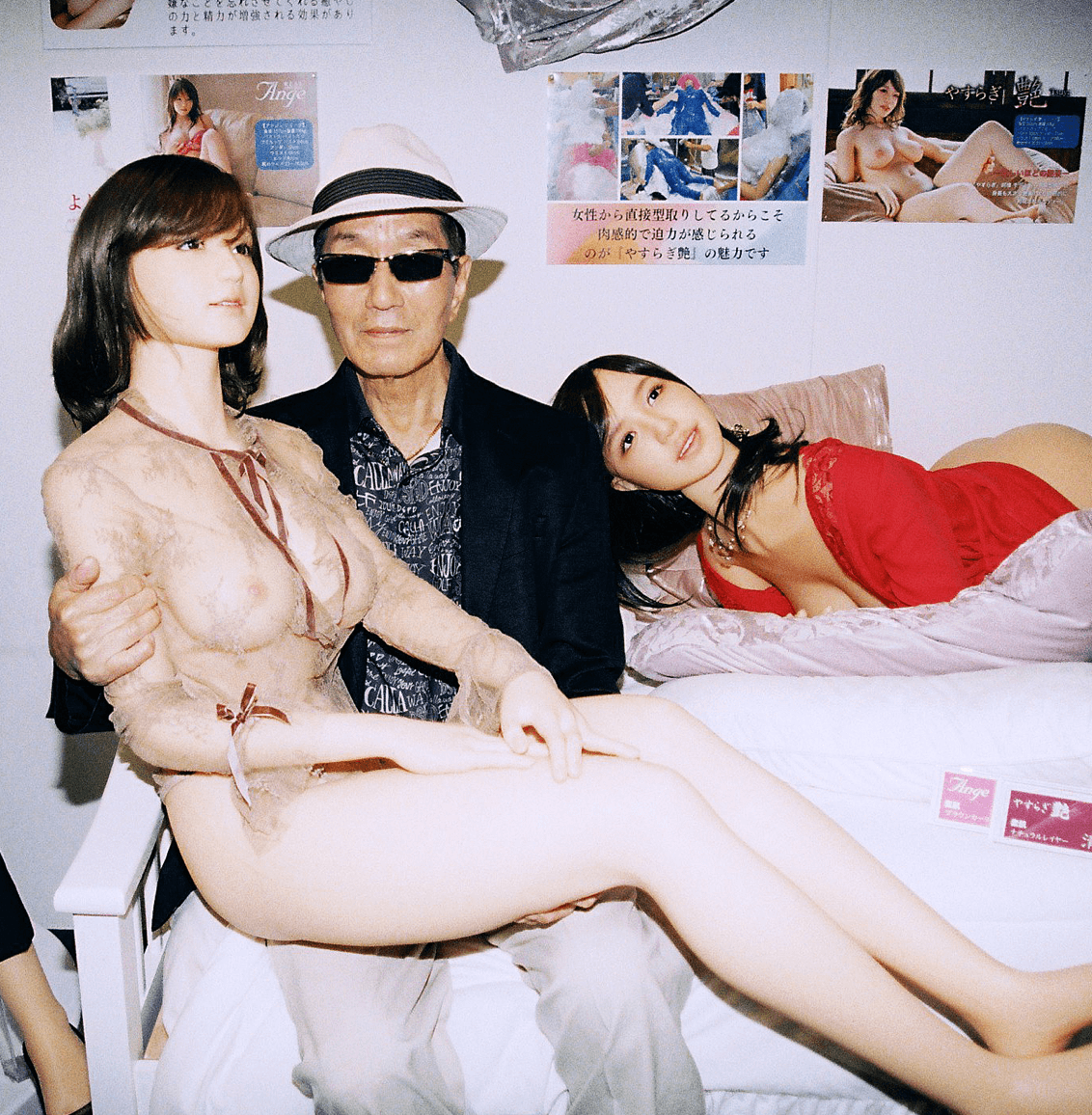
Fetish Nights in Tokyo: JOSHUA GORDON
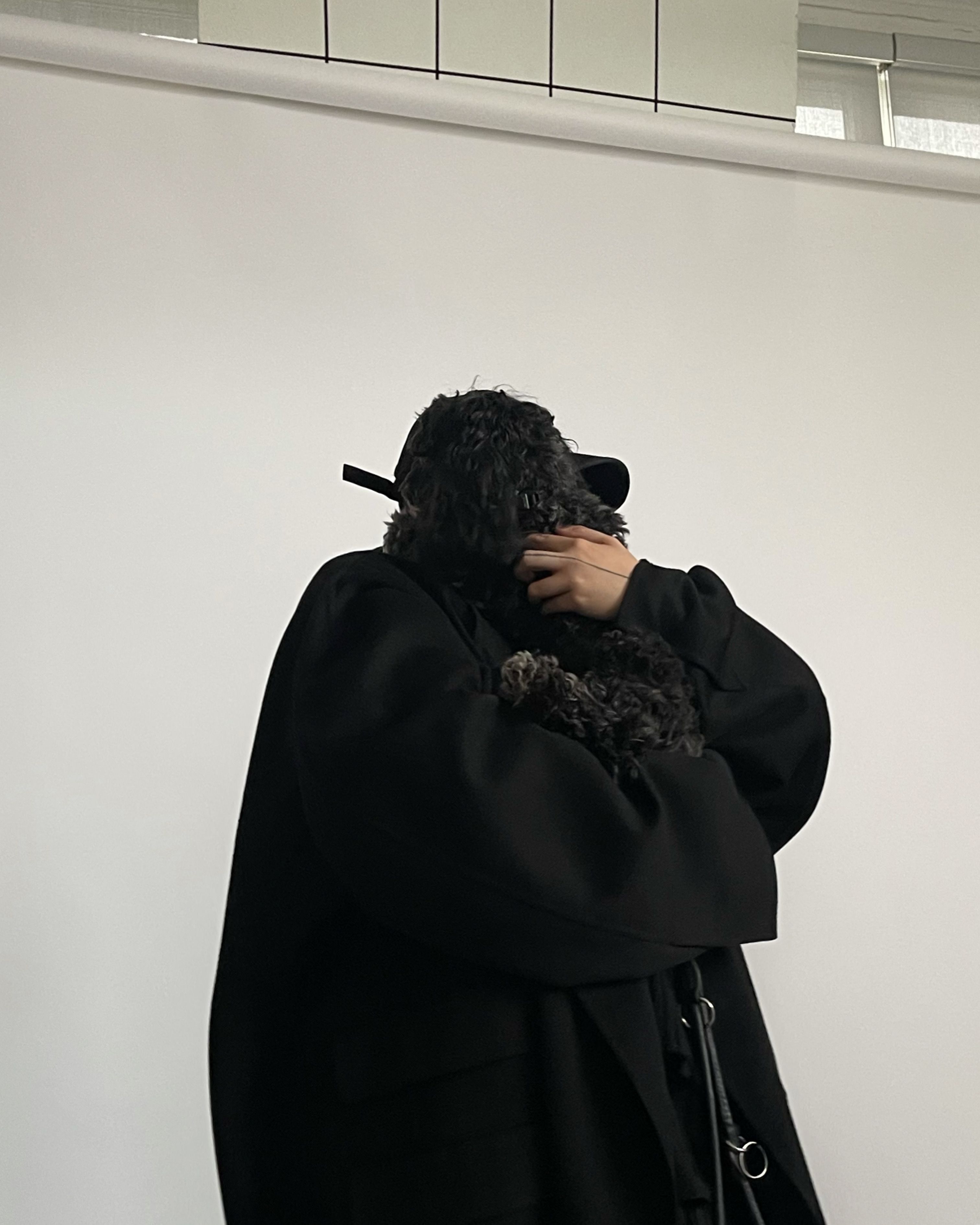
Brenda’s Business with PETER DO
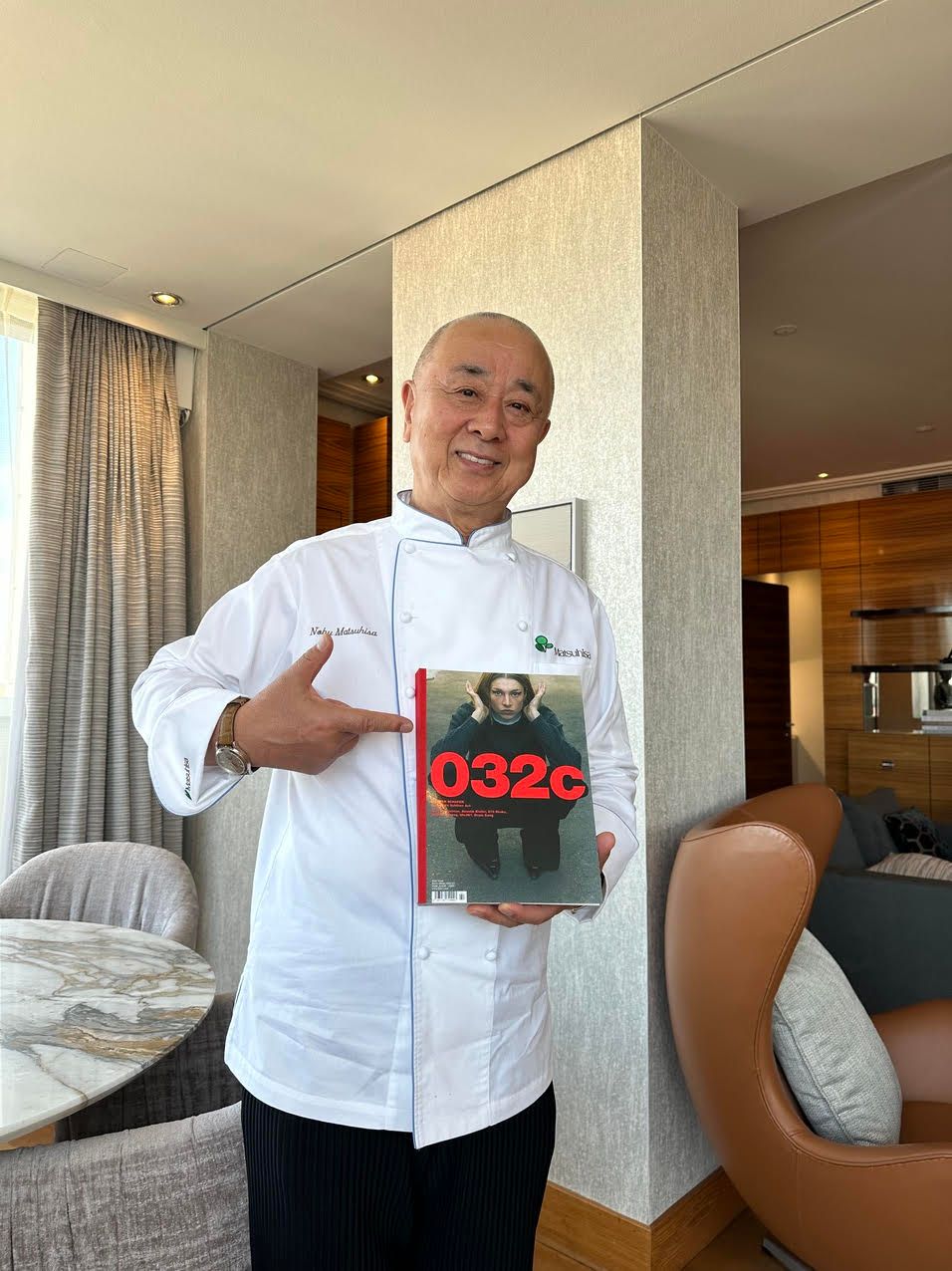
Brenda’s Business with NOBU

New Prototypes
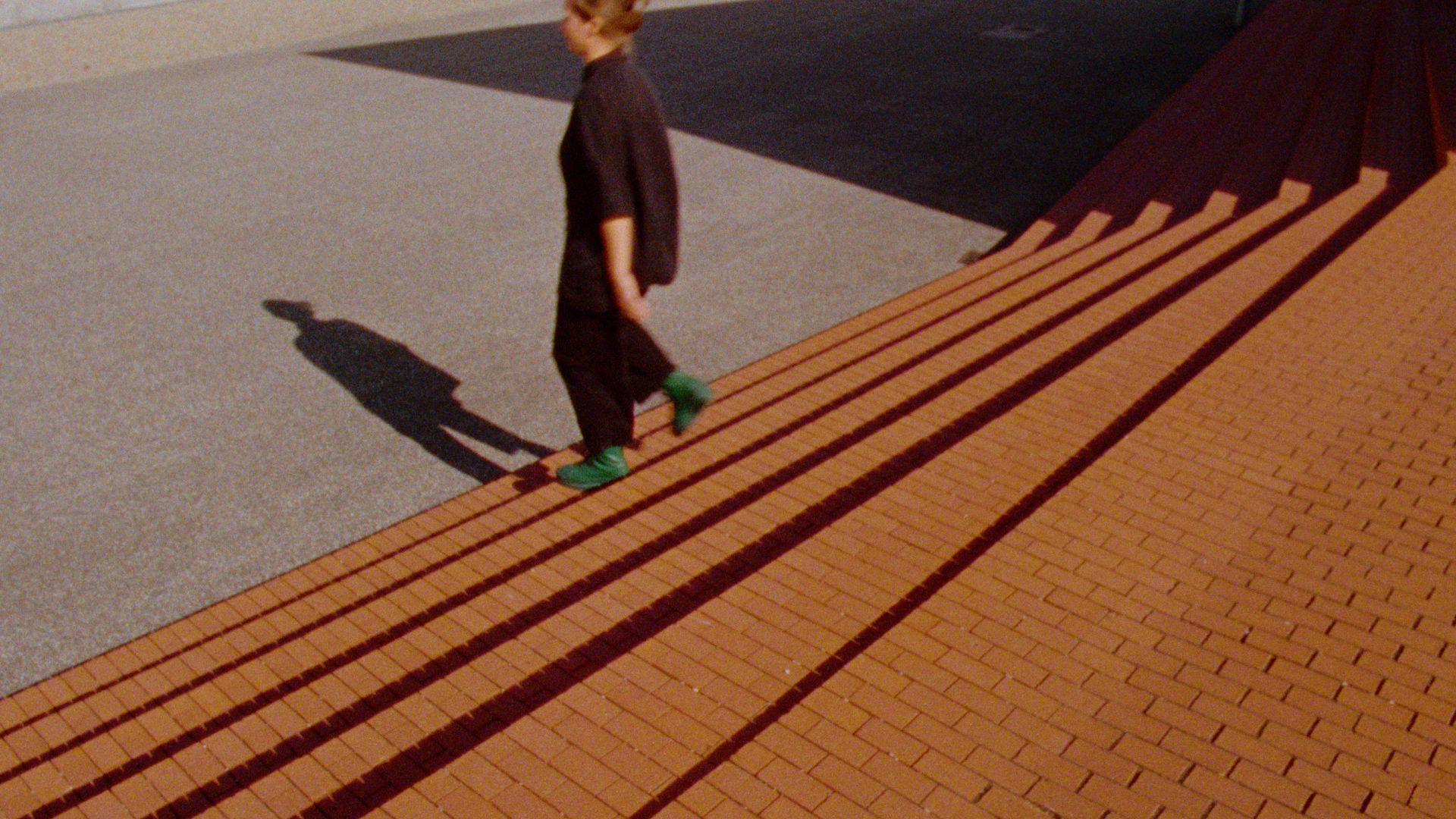
Who Is Next? RIMOWA Design Prize Roundtable